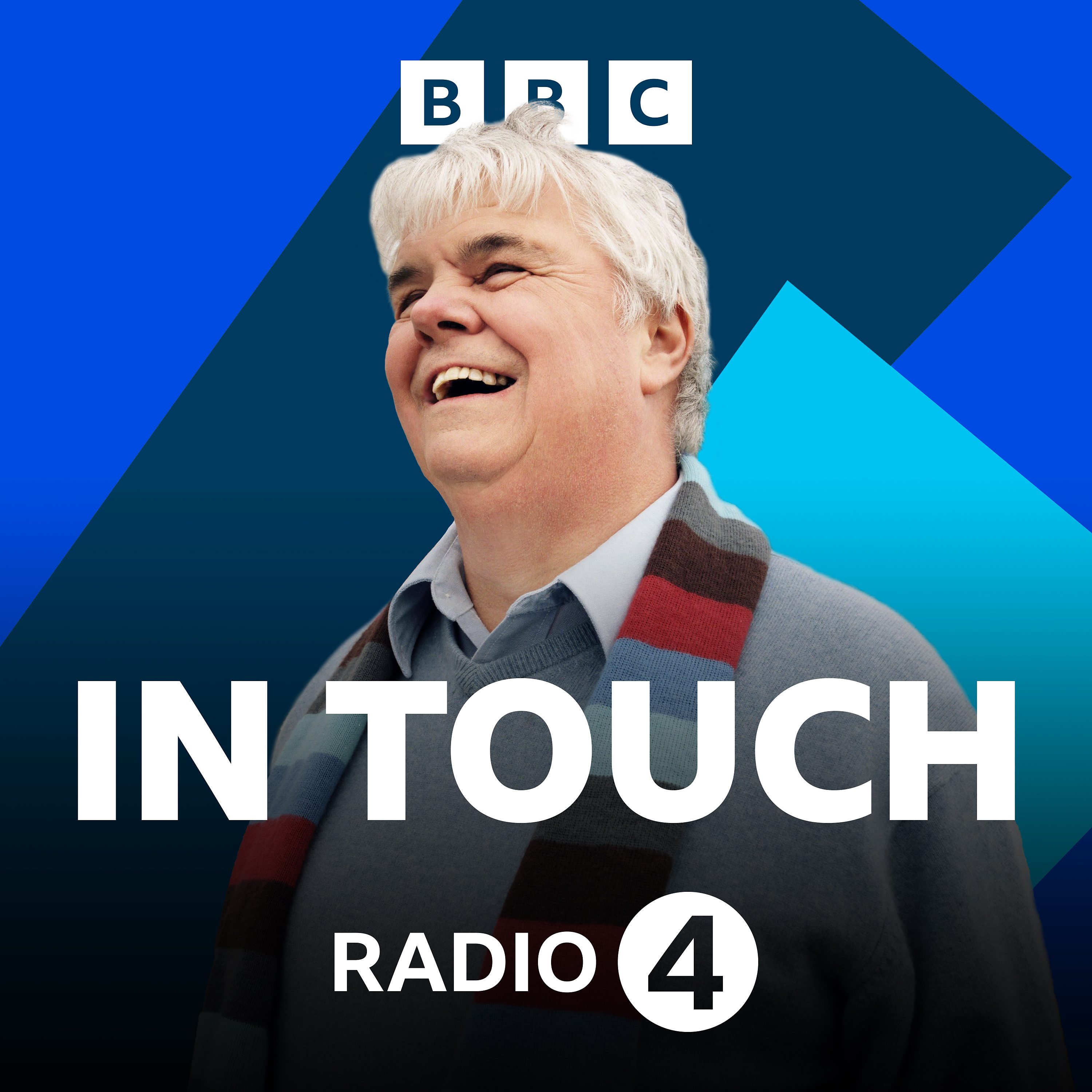- Other
- SEE MORE
- classical
- general
- talk
- News
- Family
- Bürgerfunk
- pop
- Islam
- soul
- jazz
- Comedy
- humor
- wissenschaft
- opera
- baroque
- gesellschaft
- theater
- Local
- alternative
- electro
- rock
- rap
- lifestyle
- Music
- como
- RNE
- ballads
- greek
- Buddhism
- deportes
- christian
- Technology
- piano
- djs
- Dance
- dutch
- flamenco
- social
- hope
- christian rock
- academia
- afrique
- Business
- musique
- ελληνική-μουσική
- religion
- World radio
- Zarzuela
- travel
- World
- NFL
- media
- Art
- public
- Sports
- Gospel
- st.
- baptist
- Leisure
- Kids & Family
- musical
- club
- Culture
- Health & Fitness
- True Crime
- Fiction
- children
- Society & Culture
- TV & Film
- gold
- kunst
- música
- gay
- Natural
- a
- francais
- bach
- economics
- kultur
- evangelical
- tech
- Opinion
- Government
- gaming
- College
- technik
- History
- Jesus
- Health
- movies
- radio
- services
- Church
- podcast
- Education
- international
- Transportation
- kids
- podcasts
- philadelphia
- Noticias
- love
- sport
- Salud
- film
- and
- 4chan
- Disco
- Stories
- fashion
- Arts
- interviews
- hardstyle
- entertainment
- humour
- medieval
- literature
- alma
- Cultura
- video
- TV
- Science
- en
Hearing the Solar Eclipse?

b"
21-year-old Allan Hennessey was born in Iraq totally blind. His parents applied to the UK for him to undergo laser surgery, which restored a minimal amount of vision in one eye. Later Allan and his family settled in the UK on a council estate in east London. While attending a mainstream school, he rejected all attempts to teach him to read braille or adapt to his visual impairment, preferring to rely on the support and safety net of the multicultural community in which he thrived. In high school, he was sent to a school for blind children, which he found claustrophobic and soon left. He lost his way academically in the middle years of high school and then, on a whim, decided to try for Cambridge. Allan has this year graduated with a 1st class Honours degree in law and plans to be a barrister - and he still uses no adaptations - we ask him why.
On the 21st of August, there will be a total solar eclipse in the US. This is being touted as a 'once in a lifetime' opportunity and it seems visually impaired people are not to miss out. NASA has sponsored the making of a tactile book depicting the different stages of the eclipse. There is a smartphone app people can try that allows the user to trace their finger over a picture of the eclipse, and the phone will play a sound or vibrate according to the intensity of the lightness shown on the screen. Harvard University has been working on a project to stream the sound of the eclipse to visually impaired people over the internet from Wyoming, one of the14 states with a ringside view of it. We speak to Allyson Bieryla from Harvard University about the project.
And finally, we ask Virgin Media whether they really meant to send out a form for visually impaired people to have their doctor fill out declaring their visual impairment before they could receive their bill in braille.
"